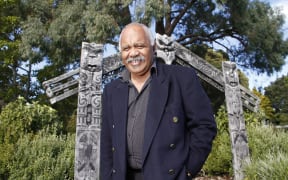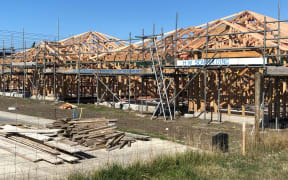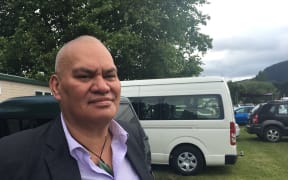Revitalisation of Tauranga's city centre is "absolutely critical" for New Zealand's fifth largest city and the council has released a plan to ensure it.
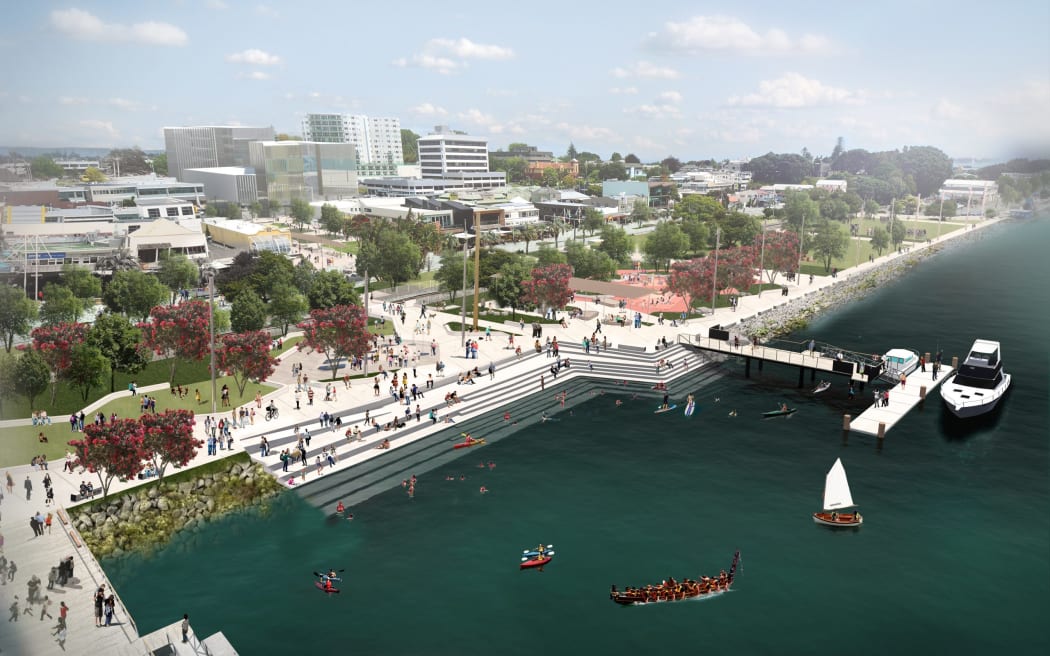
An artist's impression of the waterfront Taumata Kahawai transformation. Photo: Supplied / TCC
Tauranga City Council adopted the City Centre Action and Investment Plan 2022-2032 at a council meeting on Monday.
It aims to guide rejuvenation and investment prioritisation in a city centre that has seen empty shops and few visitors for a number of years.
The plan included the key actions the council would take with its partners and the community over the next 10 years to achieve its longstanding vision: 'Te Rapunga Ora ki Te Papa - a great place to live, work, learn and play'.
Commission chair Anne Tolley said revitalisation of the city centre was "absolutely critical" for the fastest growing city in the country.
"It's important that we have a cohesive centre for this great city," Tolley said.
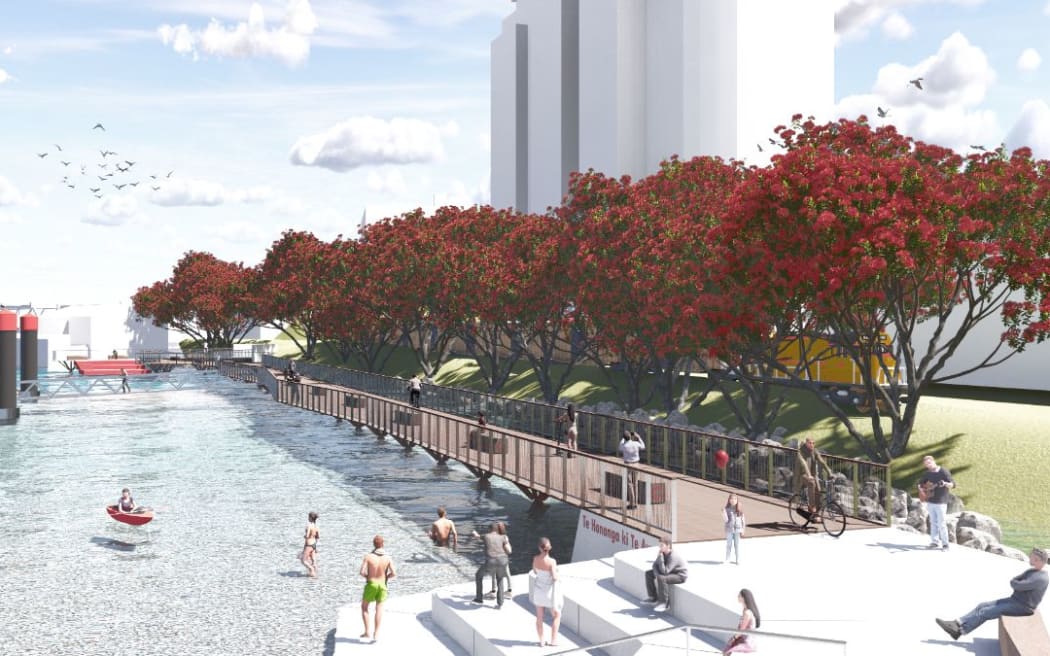
A concept design of a new waterfront boardwalk planned for completion at the end of 2023. Photo: Supplied / Tauranga City Council
The plan would see eight different precincts developed based on what was currently in place between Otamataha and the Elms at the head of Te Papa peninsula, through to Third Avenue.
These included a cultural and historical precinct, sport and events, retail and commercial, waterfront and Taumata Kahawai and the $304 million Te Manawataki o Te Papa civic precinct.
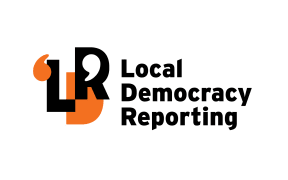
Funding for the investments was from a mix of commercial, government and the council.
The commercial sector was expected to invest $1.5 billion in apartments and commercial buildings, a new $180m courthouse was also being built by the government and the council would fund $150m of the civic precinct.
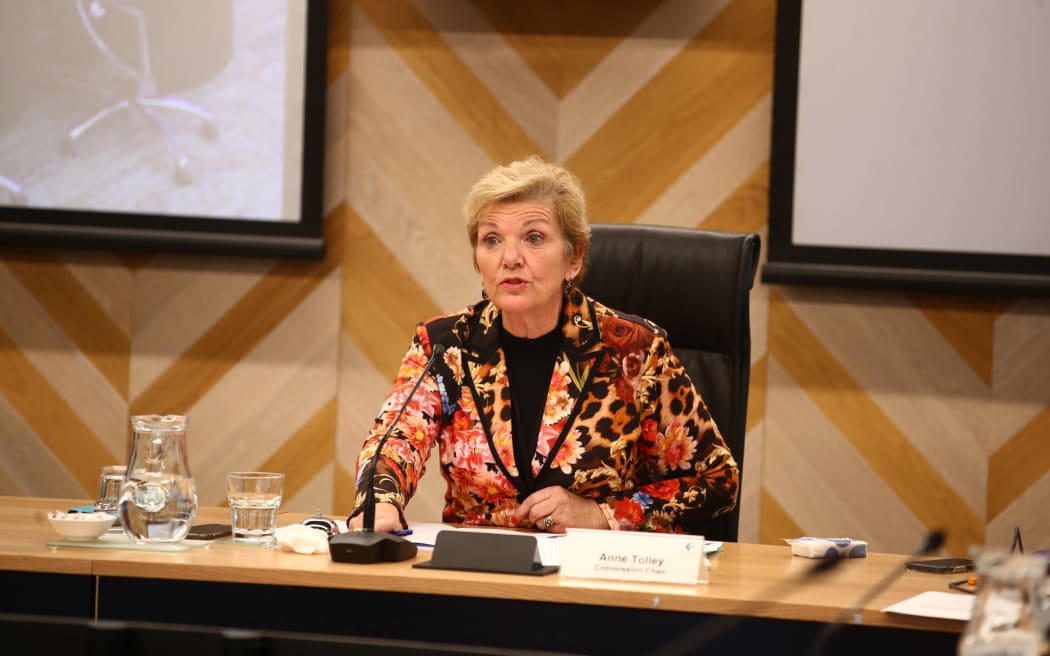
Commission Chair Anne Tolley. Photo: John Borren / Sun Media
In the next 10 years, about 600 new dwellings were expected to be built, there would be 5000 more tertiary students and 25 percent more people working in the city centre, according to the plan.
Tolley said it would be interesting to see how the community reacted to the plan because there were some "quite significant" changes proposed to the city centre.
"First of all, we are focusing on people and that's a change from the last 50 years where city centres have been developed around cars."
"We're no longer a small town, we are a big city," she said.
"We need to create great spaces and places for people to come and shop and sit and chat and take part in events and be entertained.
"So this is quite a major change to the proposal for the centre of Tauranga City."
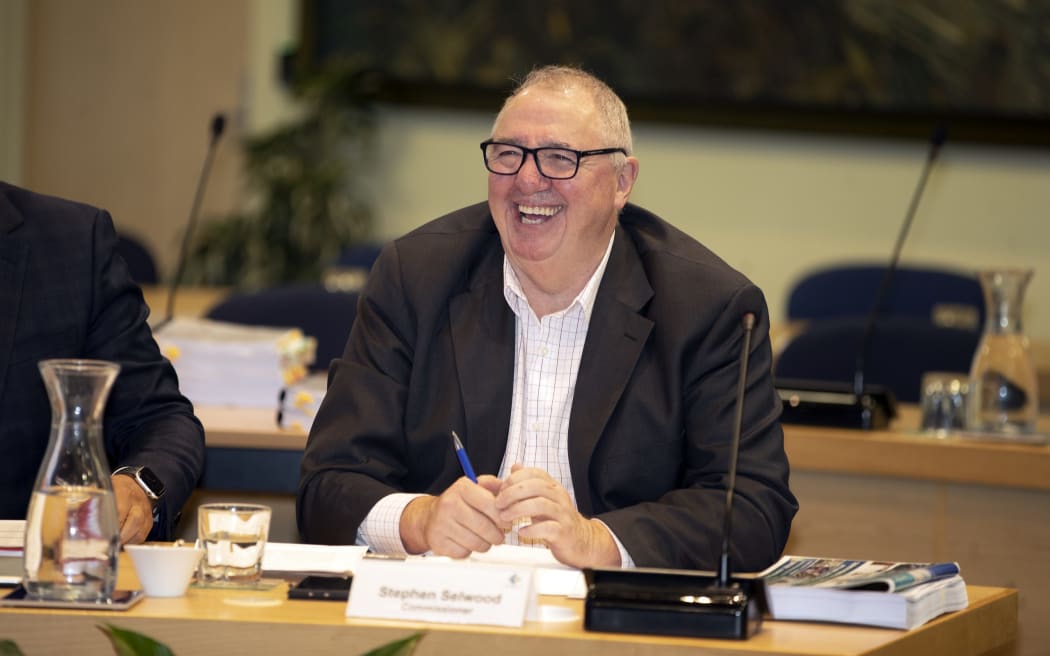
Commissioner Stephen Selwood. Photo: John Borren / Sun Media
Commissioner Stephen Selwood said when the commissioners first came to the city, it was "very focused" on "managing costs down" and did not have a vision for what it wanted to be.
"The inevitable result of constantly managing costs down is that you undermine confidence, you undermine investment, you end up with a city that's full of [buildings] to let and to lease," he said.
"That's what we saw when we first came here."
Part of the commission's mission was to assist council staff to lift the vision of the city, Selwood said.
"To lift that vision beyond keeping rates low, to investing in the city, to catch up on its growth, to address the under-funding of the past, and to set a vision for the future."
There had been "plan after plan after plan" for the city and when the community was consulted with, they said they were "over plans and consultation" and wanted them to "just get on and do something", he said.
That was what the plan was about and it was "great to see a plan that is linked to actions and investment", Selwood said.
"The overarching strategy here is the right one. I think it's going to be great for the city."
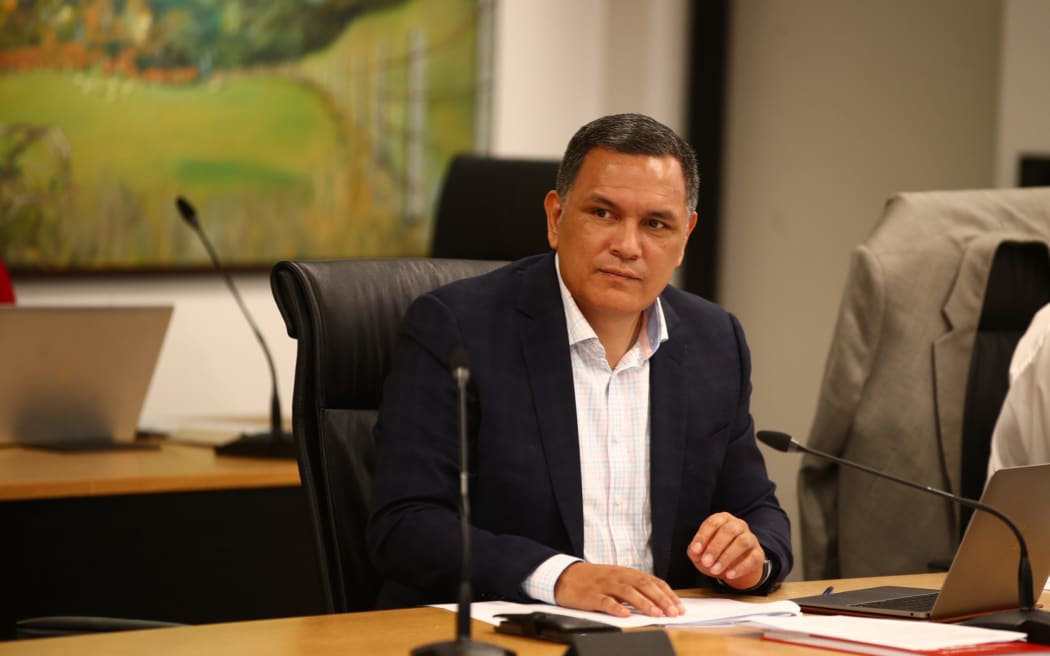
Commissioner Shadrach Rolleston. Photo: John Borren / Sun Media
Commissioner Shadrach Rolleston took time to acknowledge the businesses, particularly retail, that continued to operate "in quite a challenging environment".
"Over time, hopefully, retail will start to emerge again like it used to be," Rolleston said.
He reminisced about his time spent in the city centre with his grandparents as a child, where they would park the car then spend the day walking around.
"From a movement perspective, I'm quite heartened about it being focused on people.
"What we are trying to create here in the city is an experience for people to move, to experience, [and] interact throughout the various parts of the city."
The plan had a focus on pedestrianising areas of the city with improved public transport and greater walking and cycleway connections.
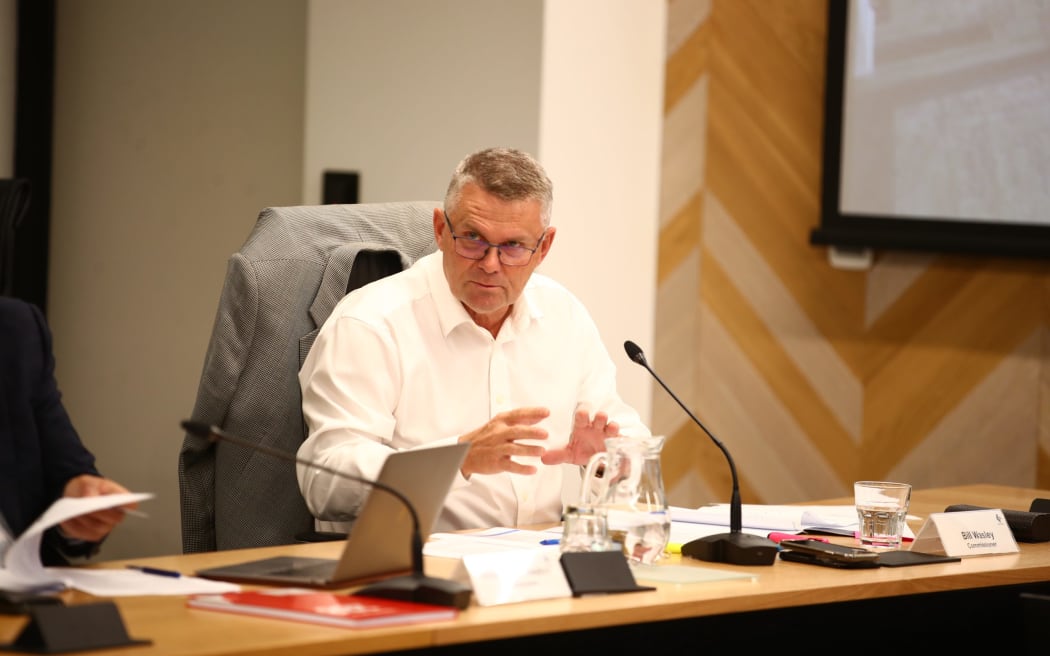
Tauranga commissioner Bill Wasley. Photo: John Borren / Sun Media
Commissioner Bill Wasley mirrored Selwood's comments about the range of plans and strategies for the city, that he said "may have got to stage one if we were lucky" before the focus shifted to something else.
Wasley was "really pleased" to see the plans being referred to as a refresh for the city because it was not "starting from scratch".
"A whole lot of good work has been undertaken, not just by previous councils and staff, but also this community," he said.
He liked the vison because it talked about being the heart of the sub-region, Wasley said.
"It's well beyond the role of this city centre, not just within the boundaries of Tauranga City Council, but also the wider Western Bay of Plenty sub region."
In a statement after the meeting council, city development and partnerships general manager Gareth Wallis said the plan built on previous strategies and plans which the community provided input on.
"Together, we can help restore our city's heart and make it a more inclusive, sustainable and welcoming place where we and future generations will want to live, work, learn and play," he said.
Some of the plans were already underway such as Te Manawataki o Te Papa and a business case for a stadium in Tauranga Domain was under development.
The plan was developed with council partners including mana whenua, the University of Waikato. and economic development agency Priority One, Wallis said.
Local Democracy Reporting is Public Interest Journalism funded through NZ On Air.
